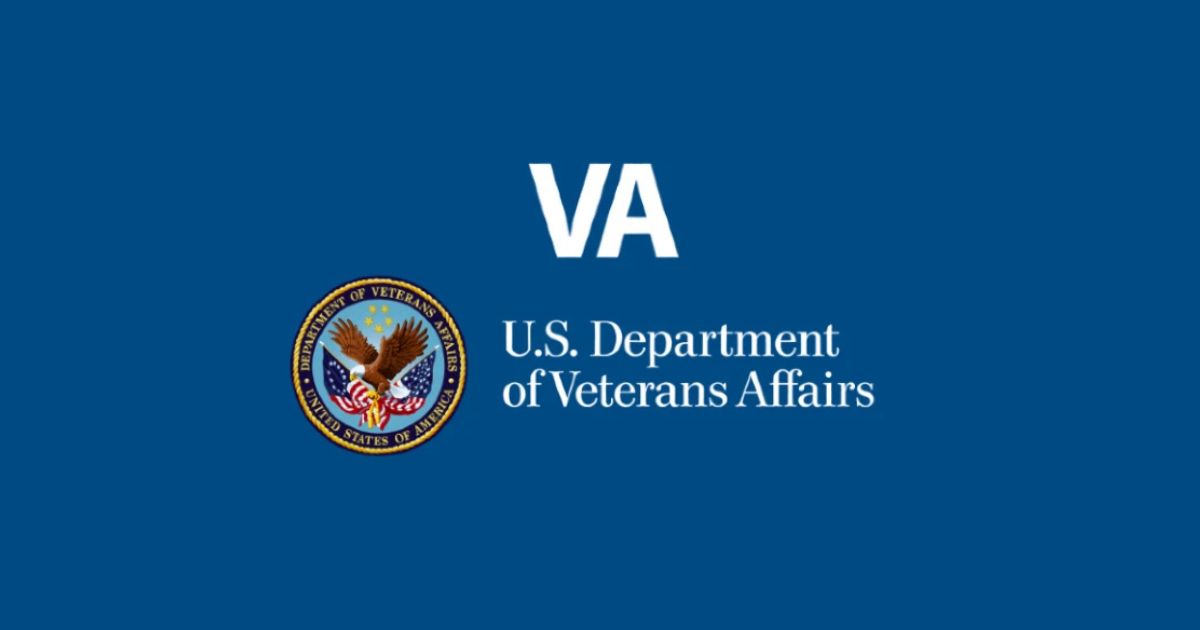Senator Rick Scott announced the bipartisan reintroduction of the Veterans Accessibility Act to ensure that the Department of Veterans Affairs (VA) is in full compliance with federal disability laws and provides guidance on ways to make programs and facilities more accessible for veterans and people with disabilities. This bill would establish a 15-person Advisory Committee on Equal Access, which would consist of veterans with disabilities, disability experts, and representatives of advocacy organizations. The Committee would be responsible for evaluating and reporting on the VA’s compliance with federal disability laws and would issue recommendations for how the VA can improve its accessibility across all facilities and platforms.
Senators Kirsten Gillibrand, and Senate Veterans Affairs Committee Chairman Jerry Moran, and Ranking Member Richard Blumenthal, join Senator Scott to lead this effort in the Senate, while Congressman David Valadao is leading the companion legislation in the House of Representatives.
Organizations endorsing the legislation include: Paralyzed Veterans of America, Blinded Veterans Association, Disabled American Veterans, Iraq and Afghanistan Veterans of America, National Association of the Deaf, National Disability Rights Network, United Spinal Association/VetsFirst, Vietnam Veterans of America, and the Wounded Warrior Project.
“It is unthinkable that federal programs intended to support our veterans would be inaccessible to so many who live with disabilities and rely on these essential services,” Senator Rick Scott said. “Our veterans are American heroes who showed up to serve our nation, and they deserve a federal government who shows up for them and a VA that stands ready to support them. I’m proud to join my colleagues in introducing this vital bipartisan legislation to ensure the VA is fully prepared to meet the needs of every veteran, who have made countless sacrifices to defend and protect the freedoms of our nation.”
The Veterans Accessibility Act would:
- Consist of 15 total voting members, representing veterans, accessibility experts, VA employees, and veterans service organizations;
- Regularly advise the VA on improving accessibility across information, services, benefits, and facilities;
- Review and provide recommendations on compliance with disability accessibility law; and
- Produce biennial reports on access barriers and progress in making services more accessible.
“Veterans with spinal cord injuries and disorders regularly encounter physical access barriers as they navigate their communities and engage with needed health care and services,” Heather Ansley, Paralyzed Veterans of America. “The Veterans Accessibility Act will help the Department of Veterans Affairs to identify and address such access barriers in its facilities and online. We appreciate the reintroduction of this important legislation by Senators Scott, Gillibrand, Moran, and Blumenthal, and their commitment to access at VA for veterans with the greatest support needs.”





















